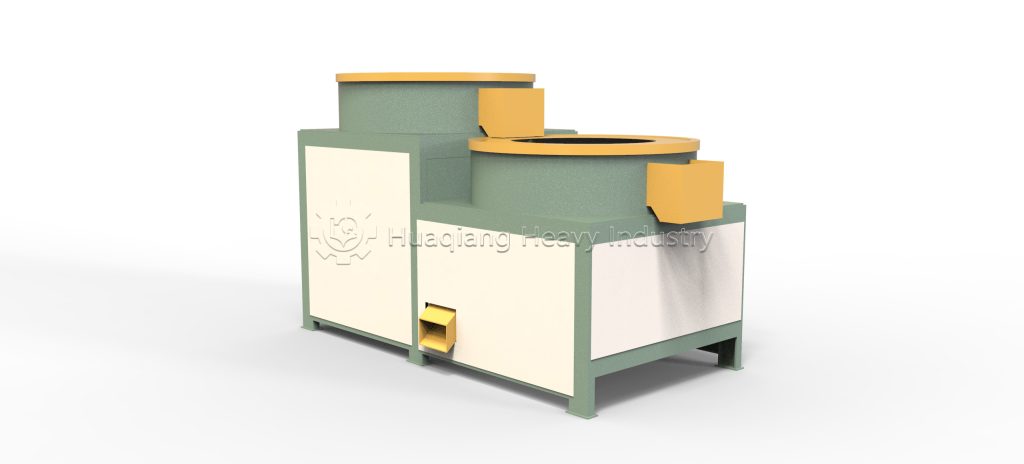In modern organic fertilizer production, the shape and uniformity of pellets directly affect product competitiveness. The ball shaping machine (also known as rounding machine) is the core equipment for this critical process, transforming extruded organic fertilizer pellets into smooth, uniformly-sized spheres.

Working Principle of Ball Shaping Machine
The rounding machine is typically equipped with two or three rounding discs. Organic fertilizer pellets continuously roll, collide and rub against each other on the high-speed rotating discs. This process not only removes burrs and edges from the pellet surface but also gradually shapes them into ideal spheres. Finally, the finished products are discharged through the outlet with perfect roundness.
Research shows that rounded fertilizer pellets have better fluidity than irregularly shaped ones, facilitating mechanical fertilization operations while reducing dust generation during transportation and storage[1].
Application Advantages of Rounding Machines
The rounding machine can be flexibly combined with various granulation equipment, including new organic fertilizer granulators, flat-die granulators, and ring-die granulators. This compatibility allows for more flexible production line configurations to meet different production needs.
From an economic perspective, rounding machines offer significant advantages:
- Capable of continuous long-term operation, improving production efficiency
- Low power consumption, reducing production costs
- Easy operation and maintenance, minimizing downtime
Quality Improvement by Rounding Machines
Rounded organic fertilizer pellets not only have an attractive appearance but more importantly, improved physical properties. The smooth pellets reduce breakage rates during packaging and transportation, extending product shelf life. Meanwhile, uniform pellet size ensures even distribution during fertilization, improving fertilizer utilization efficiency.
For bio-organic fertilizers, the rounding process can moderately increase pellet density, which benefits the survival and reproduction of beneficial microorganisms, thereby enhancing the biological activity of the fertilizer.


